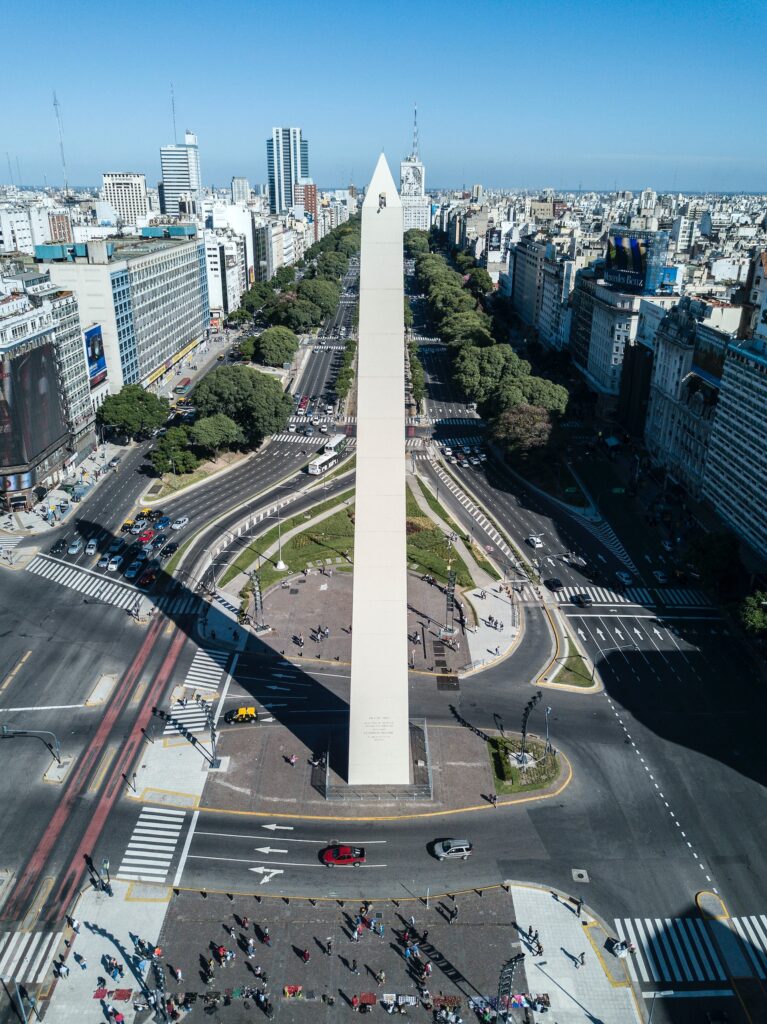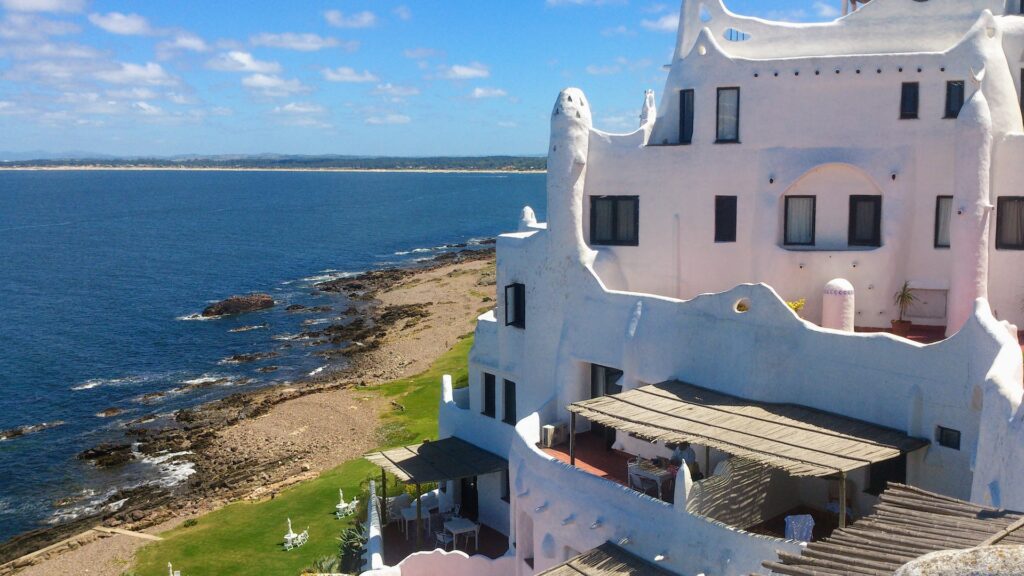The Regulatory Landscape around Crypto Assets in South America

Brazil and Chile are pioneers when it comes to the legal regulation of crypto assets. They both seem to align with the view that crypto is a security. Argentina, on the other hand, doesn’t prohibit the use of crypto and doesn’t have any laws in place, though projects are being evaluated. This jurisdiction does, however, tax several activities related to crypto and may penalize people or entities for their use of electricity or seize machinery that was illegally imported if they are involved in crypto.
The case of Peru, though it won’t be explored in this article, is similar to that of Argentina. Bolivia, on the other hand, prohibits the use of crypto assets, and Ecuador did the same until very recently. Uruguay, on the other hand, is evaluating a law that goes against the current of what both Brazil and Chile propose. Instead of defining crypto as a security, it will define crypto as a commodity.

Brazil
On December 22nd, 2022, Bolsonaro signed into law the Bitcoin Law. It will come into effect 180 days from then, on June 2023. It was registered under number 14.478, 2022. It was published on the official gazette no. 32.
The law may seem rather strict if you don’t scratch the surface. However, it leaves the country better prepared to deal with cryptocurrency in the future. The main goal of this law is to ensure transparency with crypto payments and avoid fraud. It also prevents money laundering from happening, at least if it involves crypto assets. It also discourages different scams involving cryptocurrency in general.
The law mandates that businesses make clear distinctions between which assets are theirs and which assets are the consumers’. It clearly delineates what a crypto service provider’s rights and obligations are. It also regulates the operations of crypto service providers in the jurisdiction, something significant given the fact that in December 2020, the crypto asset market moved around 300 million reales (around 59 million US dollars).
Even though it doesn’t give crypto legal tender status (in that way, it differs from current legislation in El Salvador), it does give legal status to payments made with crypto in exchange for goods and services. This opens the door for it to become normalized to pay for food with crypto, or even for government institutions to make payments with crypto. So far, Brazil is a unique country in this way, as the cases that accept crypto as a legal form of payment are few.
The law creates a new category of crime: that of fraud involving virtual assets. To avoid the perpetration of said crime, it is mandated that businesses that deal with crypto assets get a Virtual Service Provider License. If you plan to run your business using crypto in Brazil or have business interests there, this is something you should look into. The experts at Digital Lawyers are here to help if you need to get one.
The main regulatory bodies that will oversee the use of crypto are the CVM (Brazilian Securities Exchange Commission) and the Central Bank for assets that fall into other categories. It is also expected that the RFB (Federal Reserve of Brazil) could somehow be involved in the regulation of crypto. This is so because crypto assets are considered by the Brazilian government to be securities, not unlike the case made by the SEC in the USA. As a quick recap, the SEC proves that crypto assets are securities by applying the Howey Test.
The fact that Brazil has made the unequivocal decision to consider cryptocurrency securities is significant for the whole continent. This is so because it sets a precedent that other Latin American countries are very likely to emulate.
In case you’re new to crypto regulations, the main bone of contention almost always stems from the fact that there are disagreements on what cryptocurrency is in the first place. In fact, the EU, representing the interests of a whole host of countries, was able to more or less resolve this (though not as tidily as one would want), while in the US there are multiple definitions of crypto assets and different ways to prove one or the other in court.
Brazil has dictated they are securities, and they will be treated as such in that jurisdiction. Many countries, such as Argentina and Uruguay, are currently drafting their own regulations around crypto. In order to make business matters with Brazil run more smoothly, it is not at all unlikely they will decide to legally define crypto in the same way.
The law leaves the door open for the creation of licenses for exchange platforms, as well as licenses for people who manage crypto on behalf of third parties. Scams, money laundering employing crypto, and virtual fraud will be penalized with 4 to 8 years of prison, as well as a fine in the case of fraud specifically. If the crimes are committed repeatedly, the years spent in prison could go up to 10.

Chile
In Chile, the Fintech Law, as it’s called, started to get implemented on February 3rd, 2023. It was passed into law just a month before. The law adds clarity when it comes to the regulation of crypto assets. In particular, it aims to resolve the conflict between crypto exchanges and traditional banks.
The official name of the Fintech Law is Law Number 21,521. It promotes the Competence and Financial Inclusion through Innovation and Technology in Providing Financial Services. Even though it has already been passed into law, divided perspectives remain inside the regulatory bodies themselves. These divided views have driven businesses to make important decisions like changing their official address and even closing down shop entirely.
The law doesn’t regulate cryptocurrency or crypto assets directly. However, the official text does recognize its use without giving it legal tender status, not unlike Brazil. This provides a solid legal foundation for the setup and development of businesses that deal with crypto, for example, exchange platforms, DeFi, NFT businesses, etc. Regulatory symmetry between both traditional financial institutions and newer fintech businesses is the priority in Chile. It is stipulated that the CMF (Commission for the Financial Market) will oversee crypto operations, including exchanges.
The law also creates an open financial system that will allow the exchange of financial information to get better access to financial services. This means that crypto assets owned by a person or entity could qualify them for credits, among other benefits. The exchange of information between traditional banks and fintech entities will have clear and transparent boundaries and frameworks.
Even though the Chilean Fintech Law doesn’t directly regulate crypto assets, including their exchange in the regulatory framework provides clarity when it comes to rights and obligations. This makes operations easier and gives peace of mind to end users. This law aims to be a catalyst for future legislation to prevent money laundering using crypto assets and other financial crimes, as well as regulations to protect end users. It also aims to provide peace of mind to banks when dealing with crypto through the involvement of the CMF.

Argentina
So far, there is no specific law regulating crypto assets and adjacent activities in Argentina. Because of Article 19 of the National Constitution of this country, anything that isn’t explicitly forbidden by law is permitted. Therefore, mining, buying, and selling crypto are not only legal in this country, but also subject to tax.
However, this activity is currently under a lot of scrutiny by local authorities. People who mine or exchange crypto could be subject to legal trouble that have to do with the use of machinery imported illegally or using more electricity than is reported. This is why having the bills that have to do with both the digital equipment you use at hand and being diligent about reporting the right use of electricity are both key to avoid legal trouble. Mining in particular is particularly scrutinized, and the place in which you mine as well as the context are crucial. We recommend people who mine crypto to get legal counsel as soon as possible.
Those who run businesses that mine and/or provide platforms for the exchange of crypto assets in Argentina should register under the AFIP (the regulatory body that oversees correct tax payment) as an IT business or IT professional. This comes with the obligation of registering the correct tax payments and getting the municipal authorizations that might apply in each case. There are laws and regulations in each province and municipality that may vary regarding the use of electricity, for example, so looking into the local laws is important if your business uses crypto assets.
So far, ”mining” is not an official category for electricity providers, but people who mine crypto should register under either the industrial or commercial categories. There are also other tax considerations to be had.
As we have stated previously, mining crypto is not only illegal but also subject to tax. Tax laws in Argentina allow the mining of crypto to be categorized in one of two ways. It could either be considered a service, because transactions within a network are verified and that can be classified as a service, or it can be considered as the creation of intangible assets (the crypto asset itself).
According to the context in which the crypto activity takes place, income tax could go from 25% to 35% of the net income. When it comes to the VAT, mining is included within what should have VAT added.

Uruguay
The Congress in Uruguay has already passed a project, which is now being evaluated by the Senate of said country. The main aim of this potential regulation is to provide the BCU (Uruguay’s Central Bank) legal competence to regulate crypto assets and other digital assets.
The text defines crypto assets as digital representations of a value or contractual right that can be stored, transferred, or negotiated electronically through the use of DLT or other similar technologies. Because they are a digital representation of a value, crypto assets can be classed as incorporeal immovable property. In this way, the text is more aligned with USA’s CFTC’s definition of crypto assets as commodities. In this way, Uruguay distinguishes itself from Brazil and Chile, who are more aligned with the American SEC’s definition of what a crypto asset is.
Do you have business interests in any of these jurisdictions? Tell us in the comments!
References
https://laley.pe/art/13493/criptomonedas-existe-regulacion-legal-en-el-peru





